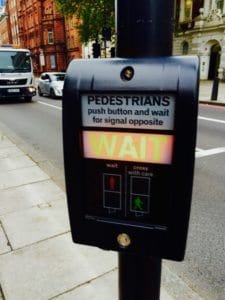 A judge’s plan to allow a young man accused of hacking a popular online video game system to post $750 000 bail in cryptocurrency have hit a snag, Market Watch reports.
A judge’s plan to allow a young man accused of hacking a popular online video game system to post $750 000 bail in cryptocurrency have hit a snag, Market Watch reports.
Martin Marsich, 25, was arrested at San Francisco Airport August 8th while reportedly on his way to Serbia. He was carrying both Italian and Serbian passports at the time and his last-known residence is Udine, Italy.
Mr Marsich is accused of stealing $324 000 worth of digital goods and currency from Electronic Arts’ FIFA-licensed online soccer simulator game.
Online games often have native “currencies” which can be collected during the course of play and used to purchase coveted digital artifacts, items that have their own secondary markets, both legitimate and black.
Marsich allegedly used software and EA secret keys to infiltrate and modify databases that control access to the game. The hack started in September of 2017 and continued until it was discovered in late March of this year.
Marsich allegedly sold the stolen currency and goods in Dark Net black marketplaces. EA says no player data was exposed in the breach.
US attorney Ben Kingsley told a court in August that Marsich admitted to having used some of the cryptocurrency proceeds of his crimes to pay for the sightseeing trip to the US he was taking when arrested.
On August 8th, Magistrate Judge Corley agreed to allow Marsich to post $750 000 in cryptocurrency as bail, but later the FBI stated objections to the plan.
U.S. attorney Susan Knight told the court Aug. 13 that the FBI had refused to take possession of Mr Marsich’s crypto due to liability issues. “I had extended conversations with (FBI) district counsel,” Ms Knight told the court, “and they refused to accept it, to have it as part of a bond and part of forfeiture.”
$250 000 of the $750 000 bail was intended as a bond and the rest was to be held for restitution.
But when Knight suggested that Marsich sell the crypto and post cash bail instead, Marsich’s lawyer said that most of Marsich’s crypto coins are small cap and illiquid, meaning that a substantial sell off would likely crash the price of the coin and affect Mr Marsich’s ability to pay additional restitution.
In the end, the prosecution and defence agreed that Marsich would sell $200 000 of the crypto through a broker towards his bail.

